Wise Words of Warning: Personal Safety, Freedom, and Security Quotes of the Past
Link Copied
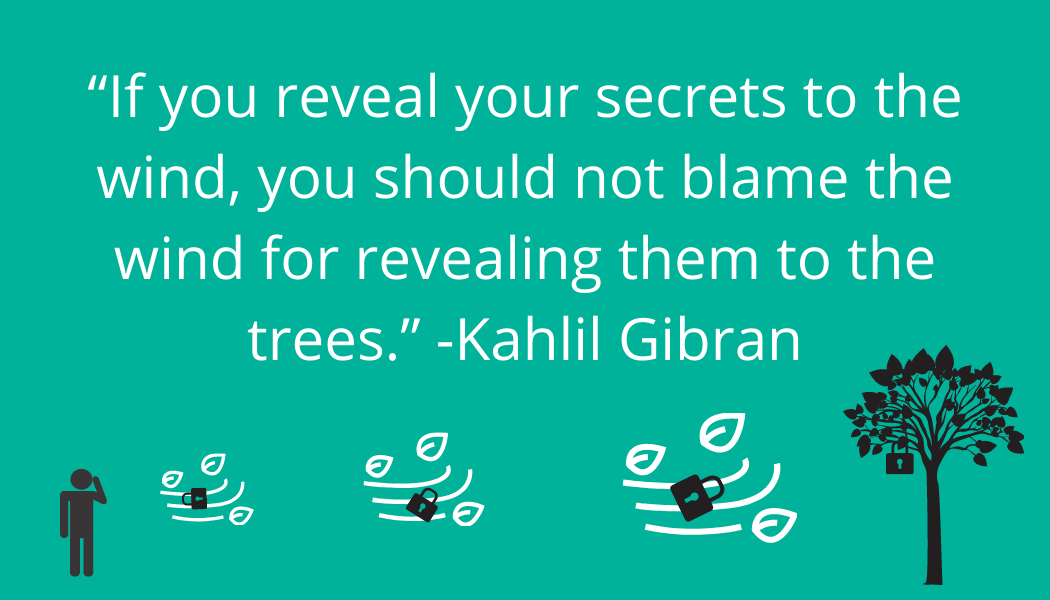
We live in a dangerous world and in a dangerous time. But where there are evil men who come to steal and destroy, there are also good men who dedicate their time to protecting us from harm. Henry Ford once said: “The only real security that a man can have in this world is a reserve of knowledge, experience and ability.” We live in a society where wise men and women perform vital and life-saving work, offering their knowledge, experience, and ability to all of us. In turn, it is a privilege to accept good guidance and advice to safeguard ourselves from bodily harm, burglary, identity theft, and breaches of our crucial rights as human beings. While the internet and wireless systems have opened up a whole new world of crime, some crimes are as old as time, and it is up to us to recognize what we can do to secure a safe future for ourselves and our families.
A famous quote that has been misunderstood and misquoted many times over the years is one spoken by Benjamin Franklin: “Those who would give up essential Liberty, to purchase a little temporary Safety, deserve neither Liberty nor Safety.” While we can all hopefully rely on others and legislative bodies to ensure the peace and do what is right, it falls to us to exercise our liberty to keep ourselves secure. We all have the tools at our disposal. Protecting our homes with locks and lights, keeping valuables out of sight in our vehicles, staying cautious with whom you share personal data, and exercising our right to vote is a responsibility we all share.
Professionals, pastors, and philosophers have shared many words and quotes about security and safety. Come explore the history of personal safety and the insights many have had through their own experience.
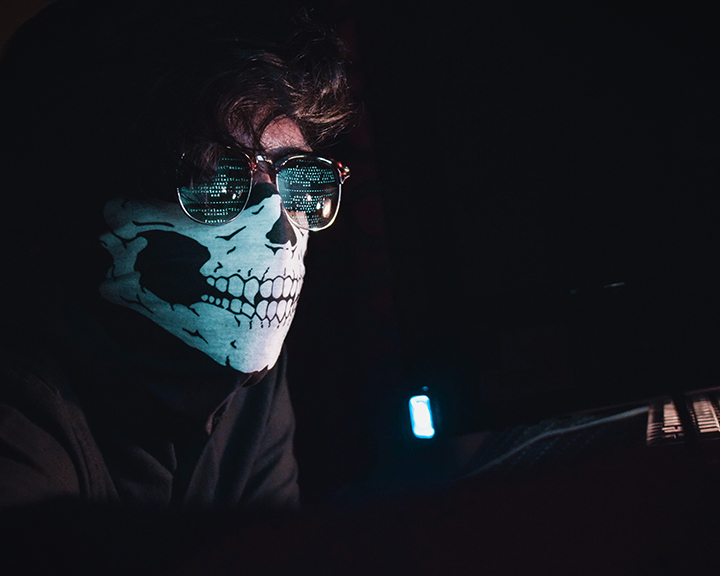
Cyber Security: Protecting Our Identities
To quote the early 20th century writer Kahlil Gibran: “If you reveal your secrets to the wind, you should not blame the wind for revealing them to the trees.” This is so true, that Gibran would probably be astounded at how applicable it is to our lives on the internet. With the popularity of Facebook, Twitter, Instagram, and other forms of social networking, we live in an age where we place our personal info out to the world on a regular basis.
Some types of online crime seem childish, but can have lasting consequences. Cyber bullying is a growing trend among teenagers and young adults in the United States, and has led to thousands of suicides by those who have no way to combat their anonymous bullies. In some states, the law has yet to pass laws to punish those who use social networks to harass others. Sometimes it simply cannot be stopped, at least not by the owners of the site. Government agencies like some police task forces and the FBI do follow cyber bullying tactics when dealing with victims, however, so improvements have been made, using the open nature and insecurity of media sites to perform criminal investigations.
Another trend is much more serious: data breaches. Why target individuals when you can target entire companies' databases, download them wholesale, and sell the information online to the highest bidder? Recent data breaches include Capital One in 2019 that affected more than 100 million people, and Zynga (makers of Words With Friends on iOS and mobile phones) that gave away the identity information of 218 million people. These kinds of cyber attacks happen more often than they should and betray the trust these companies have with their customers. A data breach can cost on average between $1.25 million and $8.19 million dollars.
The solution: be cautious with what and whom you share your information with, and if you are unsure what to do, step away.
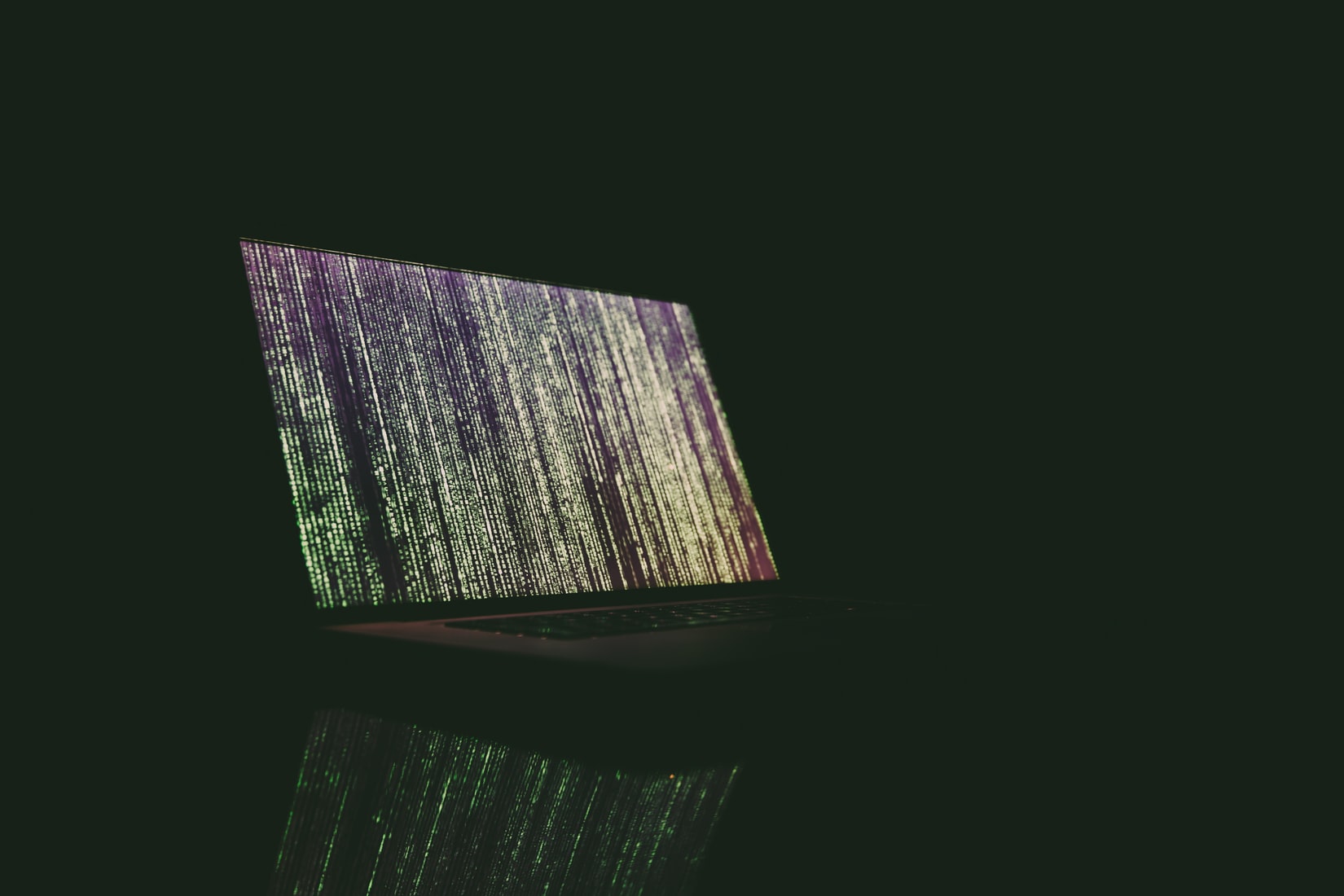
Cyber Criminals and your Personal Information
Hollywood has glorified hackers. You may imagine multi-million dollar online heists where enormous amounts of money are forcibly extracted from banks. But, truth be told, criminals who use the world wide web to steal data and money are just like burglars scoping out a home: it’s all about the easy targets. A dozen easy targets with little to no protection for their personal data is worth much more than a single difficult one. After all, why go to jail for stealing $50,000 when you could steal $5,000 anonymously?
No matter how careful you may be with your information, there will always be someone crafty enough to come after it in the hopes of selling it or using it to scam you out of your money. When they seek to obtain things like your credit card number, your social security number, and even your birth date and computer passwords, this is called identity theft. They would pretend to be you to perform all sorts of unscrupulous acts, from simply buying things without your consent to opening up bank accounts in your name. Some even perform serious federal crimes like home title fraud.
So what can be done to stop these cyber criminals from stealing your identity? As the American security consultant and former con man Frank Abagnale said: “The police can't protect consumers. People need to be more aware and educated about identity theft. You need to be a little bit wiser, a little bit smarter and there's nothing wrong with being skeptical. We live in a time when if you make it easy for someone to steal from you, someone will.” Protecting your information before it even hits your keyboard is the best security solution you have.
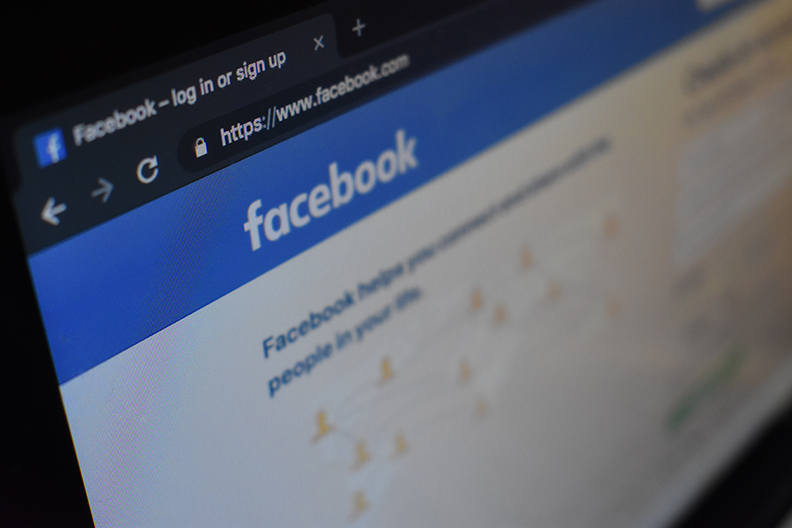
Social Media and Your Privacy
You probably hear all the time about the importance of privacy. But it is a tested fact that if you mention anything about cat food on social media, you will immediately get advertisements for cat food. This innocuous method of getting information from you is something companies are allowed to do to make money. But what if a criminal would use the information you have willingly offered online to steal your identity? Sometimes all they need is a birth date. Tim Cook, the CEO of Apple, says: “If you put a key under the mat for the cops, a burglar can find it, too. Criminals are using every technology tool at their disposal to hack into people’s accounts. If they know there’s a key hidden somewhere, they won’t stop until they find it.”
First, be vigilant about the kinds of information you put out for the world to see. You obviously would not want to show the entire world your social security number or credit card number. But some malicious websites that appear to be legitimate places of business will sell your data right to someone who will use it for ill. Keep your social presence protected and anonymous as best you can. Don’t accept friend requests from people you don’t know. If you must communicate with a family member or friend, consider doing it one-on-one instead of publicly; messenger apps include encryption that is very secure. Use the latest patches for your browser like Internet Explorer, Google Chrome, or Apple Safari. If available, use multi-factor authentication to keep your account secure twice over.
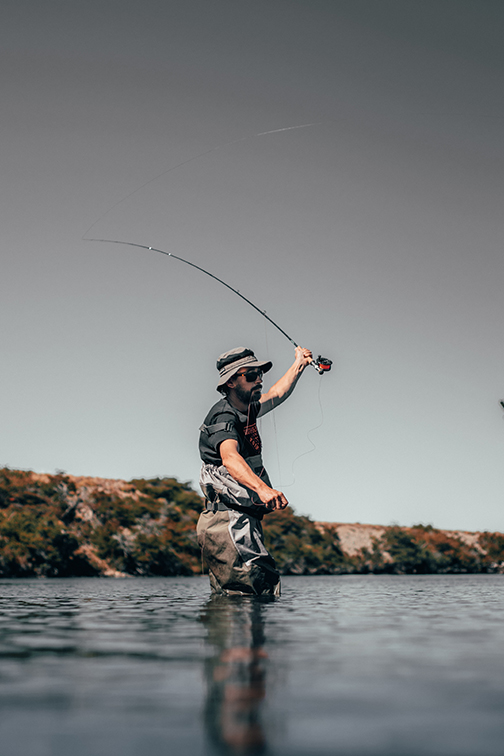
Your Security Strategy Against Phishing
Here’s some cyber security quotes you might think a bit frightening. James Scott, Senior Fellow at the Institute for Critical Infrastructure Technology described a prime target for data theft: “Hackers find more success with organizations where employees are under appreciated, overworked and underpaid. Why would anyone in an organization like that care enough to think twice before clicking on a phishing email?” Another is this interesting observation by Bruce Schneier: “Amateurs hack systems; professionals hack people.”
“Phishing”, much like its properly-spelled cousin “fishing”, is a method criminals employ to make you think you are answering a legitimate email. When you receive a phishing email, it will often look very professional and well-written. It may even include logos and use the colors of the business they claim they are representing. The moment you click on an attachment or link inside the email, you are giving the criminal that sent the email access to your personal computer and, accordingly, the network connected to it. In this way, the thief is able to access confidential information and records for hundreds, thousands, and even millions of people that use your company’s services.
The cousin to “phishing” is “spear-phishing”. A criminal could impersonate your boss or someone high up in the company, asking you to look over a document they send you. You click on it, and the criminal is inside your system with your company’s sensitive data at their fingertips. Kevin Mitnick, an online security consultant, describes the seriousness of the situation: “I can go into LinkedIn and search for network engineers and come up with a list of great spear-phishing targets because they usually have administrator rights over the network. Then I go onto Twitter or Facebook and trick them into doing something, and I have privileged access.”
Look for the warning signs of phishing schemes: typos in the email, bad link addresses, strange attachments with unspecific names. Remember security best practices: if you have any doubts about an email coming from inside the company, give the person a call to see if they did indeed send you the email. And, straight from OnGuard.gov: "When [online] fraudsters impersonate a business to trick you into giving out your personal information… Don't reply to email, text, or pop-up messages that ask for your personal or financial information. Don’t click on links within them either – even if the message seems to be from an organization you trust. It isn’t. Legitimate businesses don’t ask you to send sensitive information through insecure channels." The responsibility for data security falls to all of us. Guard your computers well; your business (and your career) will thank you for it!
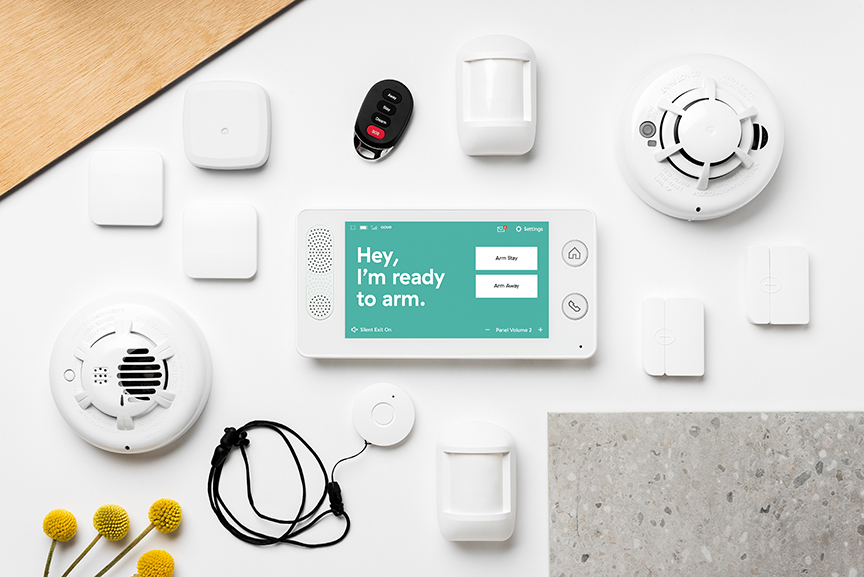
Law Enforcement and Physical Security: Protecting Life and Home
Very few things are as important as home. The prolific writer Maya Angelou wrote: “The ache for home lives in all of us. The safe place where we can go as we are and not be questioned.” Home is not just where we lay our heads every night. It is a place where we can feel safe and secure. Theft, burglary, and break-ins can quickly disrupt this safety and bring despair to you and your family. This is why physical security or your life, your property, and your belongings is so important in this day and age.
Your home has many layers of security you can rely on. The first is you: installing locks, security cameras, motion-activated lights, and other equipment as a total security system should be your primary line of defense. If you'd like to purchase an affordable and effective security system check out what Cove has to offer. The second is 911 and the emergency authorities whose job it is to aid people in their time of need, from the police and dispatchers in case of crime, to the EMTs and fire departments that guard your property from a devastating blaze. Staying vigilant and prepared for any eventuality is the key to keeping a safe home.
Home Security and the Defense of Our Neighbors
In South Africa at the 1995 Freedom Day celebrations, Nelson Mandela declared that: "Freedom would be meaningless without security in the home and in the streets." True freedom comes from being able to defend and preserve yourself, your family, and your home, and security breaches like break-ins and theft can make that freedom vanish. Thankfully, better tools have given all of us an advantage against any would-be criminals foolish enough to target our homes.
Jane Addams, author and political activist for suffrage in the early 21st century, penned this about the importance of freedom and security: “The good we secure for ourselves is precarious and uncertain until it is secured for all of us and incorporated into our common life.” This wisdom is easily applied: protecting yourself and your home is a responsibility we all have to each other and not just for ourselves. Home invasion and burglary statistics have shown these crimes have declined in the last decade thanks to the diligence and tech that has risen alongside it.
One such story of bravery happened in Concord, California in January of 2020. Eric Billings, the neighbor of Allyson Silverberg, heard a great crash come from outside his home. Upon investigation, he saw two men, one younger and one older, breaking into the Silverberg home. He not only took a picture of the escape car’s license plate, he took the initiative, took his revolver, and confronted the burglars inside their vehicle. He said he had no intention to fire, only to persuade them to stop. They did not, but it only took a single minute for detectives to corner the pair and arrest them.
While few of us are called upon (or have the courage) to perform such acts in the defense of others, keeping an eye out for each other is one of the most noble things you can do. Who knows when security incidents like this can happen!
Police and Dispatchers
Written by James Niel Hollingworth: “Courage is not the absence of fear, but rather the judgment that something else is more important than fear.” Few people understand this principle more than police officers. Police enforcement is a vital function of our society and the upholder of the word of law. There would certainly be some form of personal protection without a centralized police force in every community, but the ability for the individual departments to cooperate and work together for the common good of the people would not exist. “Protect and Serve” is not just a motto that these men and women have on the sides of their patrol cars. The risk they take to perform their duty can be extreme depending on the location of their jurisdiction. They take as many security measures as possible to keep themselves and the people they help stay safe.
A wise and perhaps humorous statement of what to do when confronted by a police officer is shared by writer James Duane in his book entitled You have the Right to Remain Innocent, one I think a good police officer would appreciate: “If a police officer encounters you… he or she has every right to ask you two simple questions. Memorize these two questions so you will not be tempted to answer any others: Who are you? What are you doing right here, right now? If you are ever approached by a police officer with those two questions, and your God-given common sense tells you that the officer is being reasonable in asking for an explanation, don’t be a jerk.”
Starting in 1968, the emergency number 911 became the lifeline that would save millions of Americans as it became adopted by states one at a time. As of 2017, 98.8% of the United States is covered by the 911 system. Each call is received through a central monitoring station when dispatchers organize each police response up the security chain depending on the severity of the incident. Dispatchers are heroes all their own; the stress level experienced on the job is rivaled only by the amount of calm each dispatcher must show to help people through the worst moments in their lives. According to one dispatcher from Fayetteville, Arkansas: "You never know exactly what your day will hold as a dispatcher… Throughout my 18 year career with the Fayetteville Police Department there has been one constant: every day we make a difference. At the end of each shift, I get to go home feeling like I made a real difference, and that is more rewarding than I could ever describe."
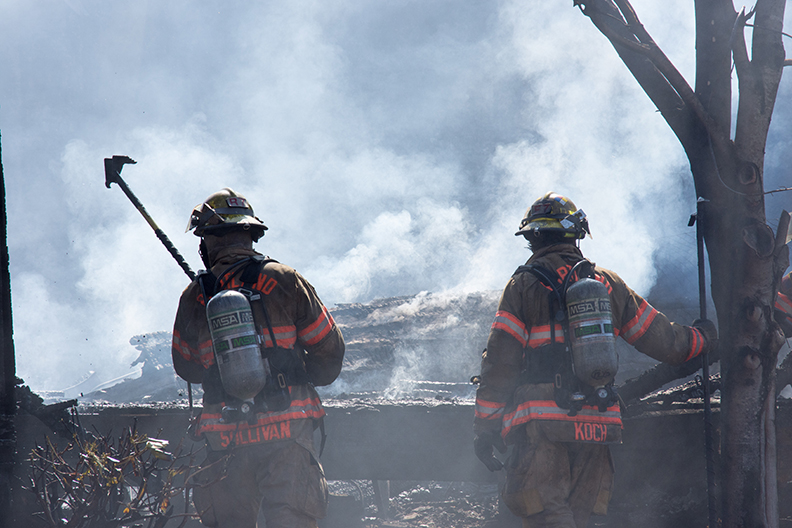
Firefighters and EMTs
Ralph Waldo Emerson once said: “A hero is no braver than an ordinary man, but he is brave five minutes longer.” Those five extra minutes is what makes firefighters heroes. Where ordinary people run from the inferno, firefighters run towards it with the right tools to fight the fire down. The threat they face every day is very real. As a motivational speaker who has worked with the justice system, Byron Pulsifer said this of firefighters and the work they do: “Nothing cries out for compassion, concern, and danger as a fire engine screams by carrying firefighters ready to do battle without flinching from any demand.”
Every fire is unique. House fires, brush fires, wildfires, and more, they all affect people in different ways. They also affect the firefighter in drastic ways. Just like cops and soldiers, firefighters go out on duty to save lives. But sometimes they can’t save everyone. One heartbreaking statistic is that more firefighters die by suicide than are lost in the line of duty. This is a huge problem, but we are recognizing it and offering ways for these men and women to heal. A firefighter paramedic from Quincy, Missouri in the article gave hope to his comrades: "They are never out there on their own... The emotions they feel are normal. All they have to do is make a phone call and we'll be there."
Not all stories end in tragedy. In fact, this example will serve as a powerful reminder of the good firefighters perform. In 1998, Mike Hughes, a captain with the Wenatchee, Washington, Fire Department was called to extinguish a fire at a local home. When the call came that someone was still inside the home, he raced into the smoke and found a crib with an infant still inside. He grabbed the child and rescued her from the smoke and flames. And he remembered that infant. Years later, he thought he would search for her on a popular media site, and lo and behold, he found Dawnielle Davidson. He wrote a message to her that said: “I think I pulled you out of a fire when you were a baby.” Dawnielle and her family became friends with Mike, and In June of 2015, Dawnielle invited him to watch her cross the stage as she graduated high school.
The EMT, or emergency medical technician, is a type of firefighter that goes into the scene of tragedy, all their focus trained on saving lives. These men and women stabilize the injured and prepare them for transport to the nearest hospital. They see the worst of every accident, injury, crime, fire, and case of domestic violence before anyone else. But while an ordinary person would only panic at the scenes that EMT’s face every day, their training and compassion see them through the duty.
“I didn’t become an EMT to get a front-row seat to other people’s tragedies,” said Daniel José Older, once an EMT and now a writer. “I did it because I knew the world was bleeding and so was I, and somewhere inside I knew the only way to stop my own bleeding was to learn how to stop someone else’s.”
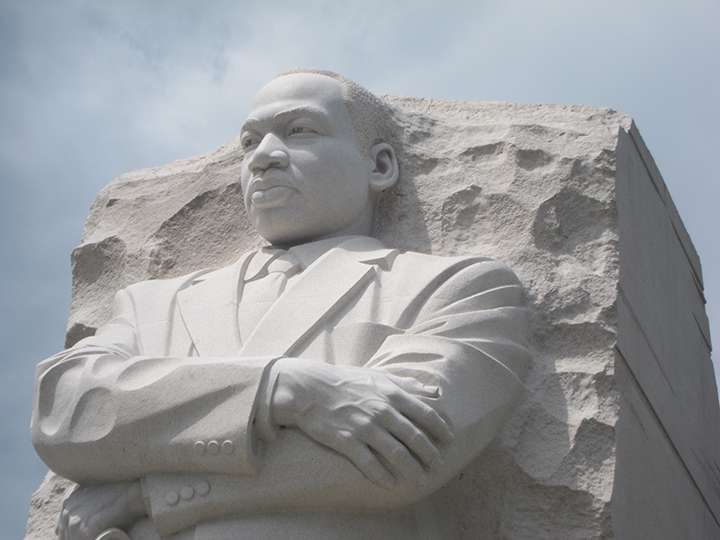
Civil Liberties and Protecting Our Freedom
From the first years of the founding of the United States, the necessity of rights and freedoms has been a central topic for lawmakers and citizens. Anyone who has taken a history class knows that America’s record on protecting freedoms and civil liberties is not a clean one. But thanks to the tireless efforts of those that fought for their people to enjoy the rights that all men, women, and children deserve, the uphill battles of the past have secured lasting freedom for generations to come.
Racism and Racial Discrimination
“I refuse to accept the view that mankind is so tragically bound to the starless midnight of racism and war that the bright daybreak of peace and brotherhood can never become a reality,” said Doctor Martin Luther King, Jr. “I believe that unarmed truth and unconditional love will have the final word.” The war on racism and racial discrimination began at the founding of our nation, culminating at the bloodiest war ever fought on American soil, and crowned with the achievements of the civil rights movement in the 1960s. It is difficult to understand the effects of discrimination. Hubert Humpery Jr., Vice President to Lyndon B. Johnson in 1965, said of the time that: “There are those who say to you - we are rushing this issue of civil rights. I say we are 172 years late.” The struggle of God-given freedoms denied to people of dark and black skin color for so many years continues to this day. Without the risk takers like Rosa Parks and the diligent work of men like Martin Luther King Jr., our country would be much worse off.
It is sometimes impossible to imagine the suffering past generations of slaves and sharecroppers endured only two centuries ago. “Every great dream begins with a dreamer,” said Harriet Tubman, perhaps the most famous ‘conductor’ of the Underground Railroad. “Always remember, you have within you the strength, the patience, and the passion to reach for the stars to change the world.”
Unbelievably, Harriet Tubman risked her own life 19 times to enter slave territory and escort former slaves to the freedom offered in the North and Canada. By the time of the Civil War, she had gotten over 300 slaves out of Southern territories, and even used her knowledge of the South to serve as a spy for the Union during the war. Through threat of death and capture, she never faltered. Although somewhat fictionalized due to her illiteracy and the difficulty of her life, many children’s books that share her story have shared this ‘quote’ that neatly fits her life’s work: “If you are tired, keep going. If you are scared, keep going. If you are hungry, keep going. If you want to taste freedom, keep going.”
Today, organizations like the NAACP, National Association for the Advancement of Colored People, and CORE, the Congress for Racial Equality, continue to defend the rights of and seek opportunities for African-American people and communities.

Clean Water, Clean Food, and Basic Safety
These are the words of the United Nations in regards to the rights that all mankind should enjoy:
“These include the right to life and liberty, freedom from slavery and torture, freedom of opinion and expression, the right to work and education, and many more. Everyone is entitled to these rights, without discrimination.”
Nations across the world have seen the ravages of war, poverty, famine, and homelessness. Refugees with no place to call home often cannot immigrate to countries that refuse to offer them asylum. Millions of people in the world have no access to clean drinking water, and basic sanitation is denied to millions more. Children starve and die of diseases that the modern world has long-since eradicated. It is up to us to bring all people the rights, medical and agricultural advances, and machinery they need to sustain a prosperous future.
In Africa in particular, rights are often denied to citizens, and the risk is great to those who speak out against the authoritarian governments that have taken hold of the countries there. One such story is one of Matar Younis Ali Hussein, a teacher and defender of people’s rights in Sudan. He was recently released from prison after false charges were brought against him when he spoke up against unlawful killings, abductions, and detentions of the peoples of Darfur. Of Younis’s work, Amnesty International’s Director for East Africa, the Horn and the Great Lakes Joan Nyanyuki said: “Matar Younis is a courageous human rights defender and one of the rare voices speaking for the oppressed people of Darfur. His release is a positive development, although he should never have been arrested in the first place. He was targeted simply for speaking up against human rights violations.”
Although suffering continues across the world, organizations like Amnesty International, UNESCO (the United Nations Educational, Scientific and Cultural Organization), and UNICEF (the United Nations Children's Fund) have been founded and continue to offer basic freedoms, medical relief, and liberties to men, women, and children all over the world.
Ready to get started?
Take this short quiz to build your customized system today!
Takes less than a minute


